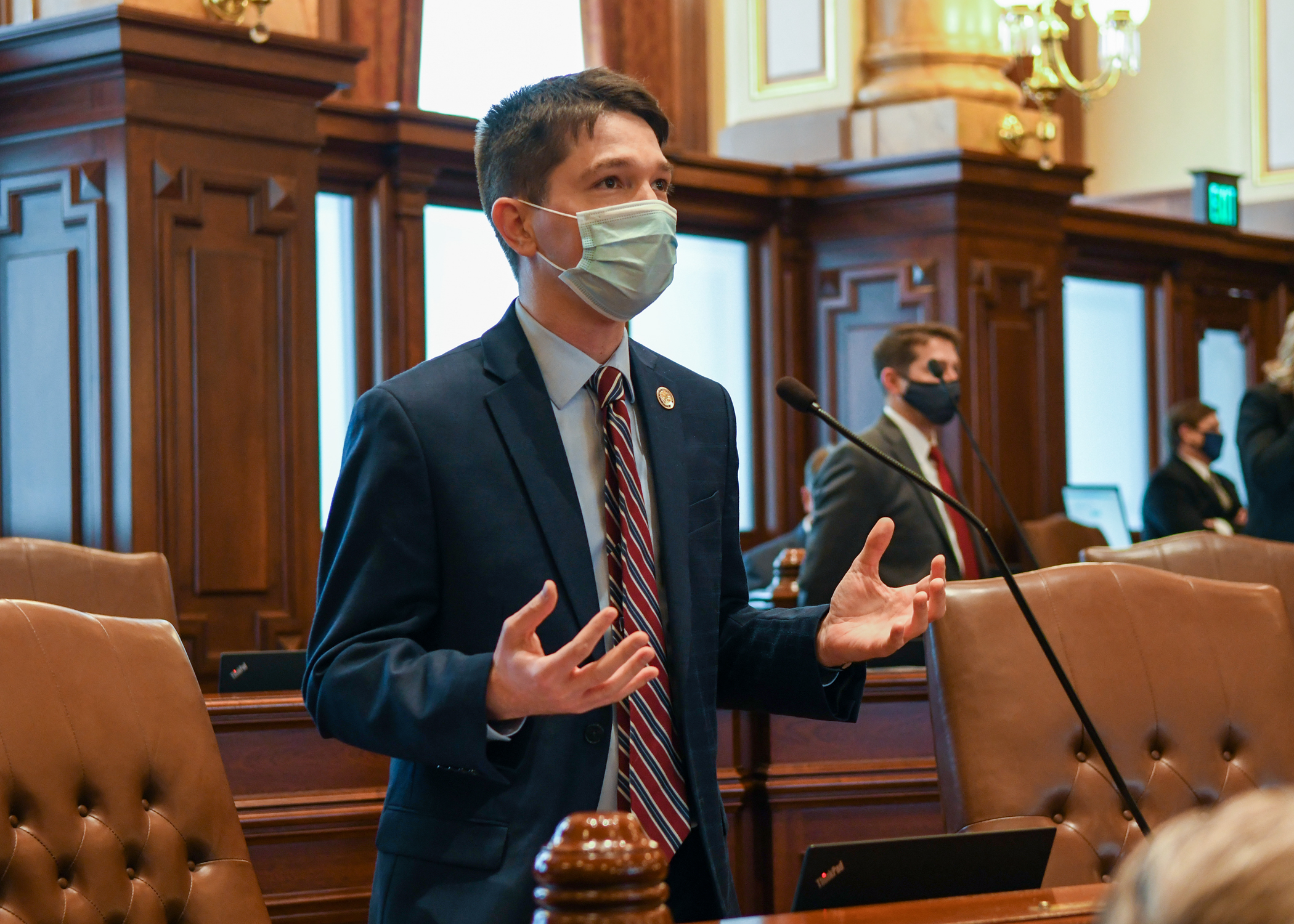SAN FRANCISCO (AP) — Nearly $200 million in grant money will go to California cities and counties to move homeless people from encampments into housing, Gov. Gavin Newsom announced Thursday while also pledging increased oversight of efforts by local governments to reduce homelessness.
The Democratic governor said he will move 22 state personnel from a housing enforcement unit to help cities and counties deliver on projects to reduce homelessness — and to crack down if they do not. He also said local governments will have to plan to build new housing for homeless residents or face potential legal action from the attorney general’s office.
“I’m not interested in funding failure any longer,” he said at a virtual news conference. “Encampments, what’s happening on the streets, has to be a top priority. People have to see and feel the progress and the change. And if they’re not, or counties are turning their back … I’m not interested in continuing the status quo.”
A scathing state audit released last week found that despite allocating $24 billion to tackle homelessness over the past five years, California has done little to track whether all that spending actually improved the situation. Newsom said the cities and counties that receive the money have to produce more data.
An estimated 171,000 people are homeless in California, a number that has grown despite massive investment by the state. Newsom, a former mayor of San Francisco who was elected governor in 2018, has made homelessness and housing twin priorities of his administration, including a novel plan to purchase and convert motels into housing for homeless people.
Under his watch, California has cracked down on local governments that refuse to plan for and build more housing as required by state law. Details were thin Thursday, but Newsom said a housing accountability unit within the California Department of Housing and Community Development will now tackle homelessness spending.
Newsom has repeatedly hammered a message of accountability, telling local officials to think bigger about ways to attack the crisis. In 2022, he paused $1 billion of state spending for local governments, saying their plans to reduce homelessness were “simply unacceptable.”
On Thursday, his office announced about $192 million in state grants to 17 cities and counties for targeted encampment clean-up efforts expected to provide services and housing for nearly 3,600 people. It’s the latest round of an estimated $750 million set aside to resolve encampments.
The city of Fresno, for example, will receive nearly $11 million to house 200 people, provide services for hundreds more and add up to 100 permanent housing beds. Wealthy Marin County, on the northern end of the Golden Gate Bridge, will receive $18 million, including $8 million to move 60 people, largely Latino farm workers and their families, to temporary RV housing.
Several mayors and other local leaders at the news conference said the data doesn’t always capture the very real successes they’ve had in coaxing people out of tents and into stable housing.
Fresno Mayor Jerry Dyer said state support has allowed the city to expand its mental health services, shelter outreach programs and housing units.
“At one time, we had over 650 people living on our embankments, and if it were not for these funds, we would not have had the success that we’ve had,” he said.
Brought to you by www.srnnews.com























